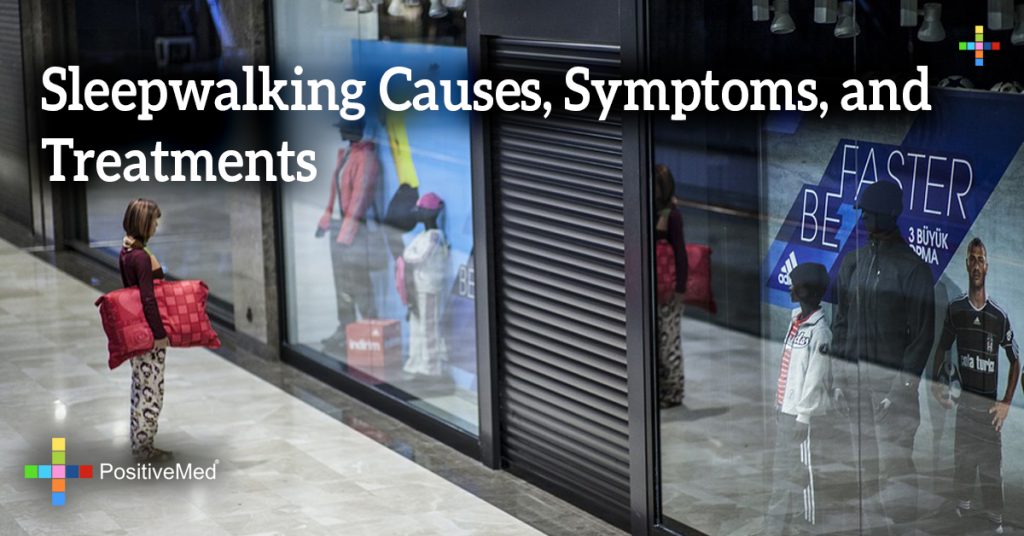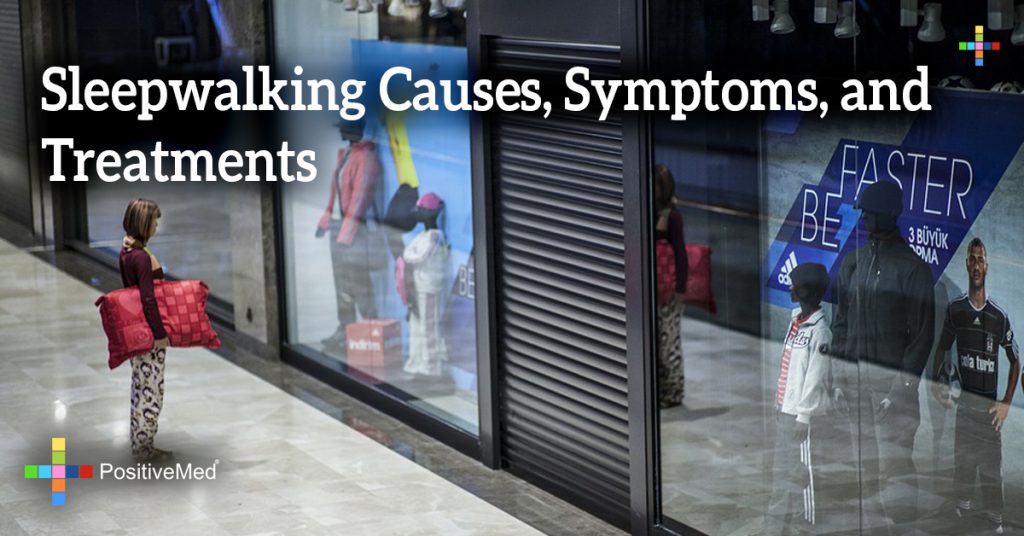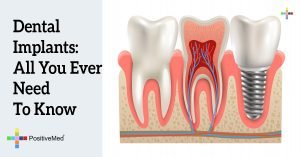

Sleepwalking Causes, Symptoms, and Treatments
Many of us have beliefs about sleepwalking that are wrong or half-truths. One belief is that people sleepwalking are acting out their dream, others are that it has something to do with epilepsy, hysteria, or dissociative disorders.
The reason behind sleepwalking has not been identified but there are certain possibilities we will discuss.
Sleepwalking is a disorder categorized into the parasomnia family. People walking in their sleep may be found doing activities they normally do in their daily life. Some have been found talking or mumbling with their eyes wide open just as if they were awake.
You can determine if someone is sleepwalking by their odd movements or by their getting up and quietly moving around the room or house. You can also tell if a person is sleepwalking by looking at their wide glassy eyes.
There are many various factors related to sleepwalking. Usually when a person sleeps, the brain also rests. Sleepwalking occurs when some parts of the brain do not sleep and stay active while other areas of the brain are fast asleep. Your sleepwalking, activities, and speech are controlled by this area of the brain which is active and not asleep.
The following factors impact sleep patterns, sleepwalking included:

1. Genetics: It’s a greater possibility that you will be a sleepwalker if either of your parents do as the gene can be passed down. With identical twins the likelihood of sleepwalking increases if first-degree relatives experience this problem.
2. Environmental: Environmental situations can play a significant role in sleepwalking. Some examples of environmental conditions that can cause sleepwalking include sleep deprivation, high stress, large consumption of alcohol, and physical or mental exhaustion. The incidence of sleepwalking can be increased by certain types of drugs like sedatives, antihistamines, and stimulants. If these factors are controlled sleepwalking can be greatly minimized.

3. Medical Conditions: Sleepwalking increases when someone is experiencing a serious medical condition such as very high fever, convulsions, or magnesium deficiency.
4. Psychological: Those who suffer from psychological conditions are at greater risk for sleepwalking. Psychiatric disorders such as PTSD (Post Traumatic Stress Disorder), multiple personality disorder, anxiety or panic attacks, or increased depth of slow wave sleep. Contacting your physician may help you overcome certain factors eventually helping you to avoid sleepwalking.
Sleepwalking may be interesting at times, but is also scary. Some of the things people do when sleepwalking: call people on the phone, take baths or showers, brush their teeth, walking and feeding their pets, dressing for the day, and watering the lawn.
Some ways to stop sleepwalking are to get quality uninterrupted 7-8 hours sleep, avoid excess alcohol, and practice meditation.





